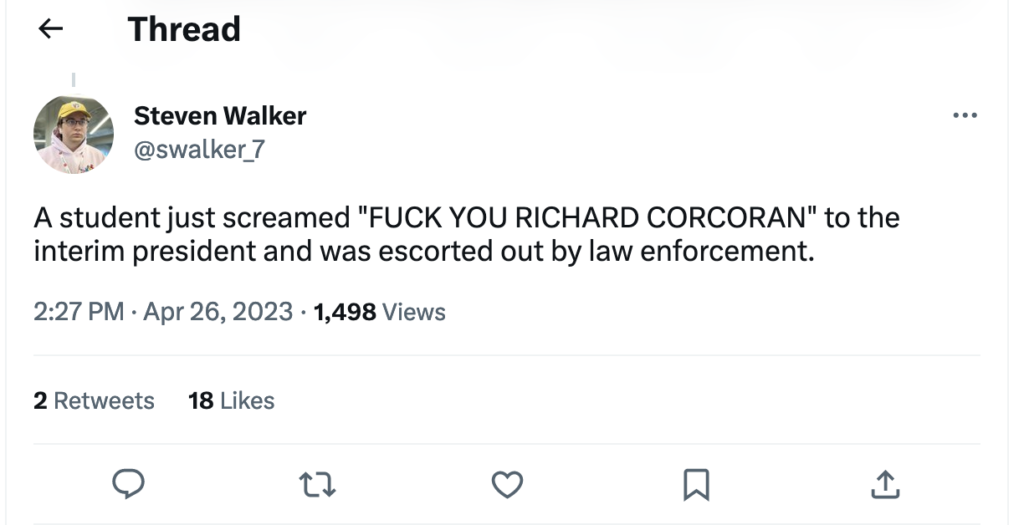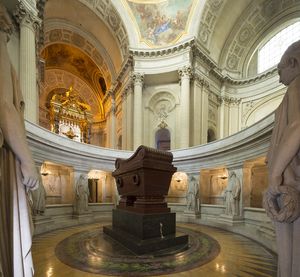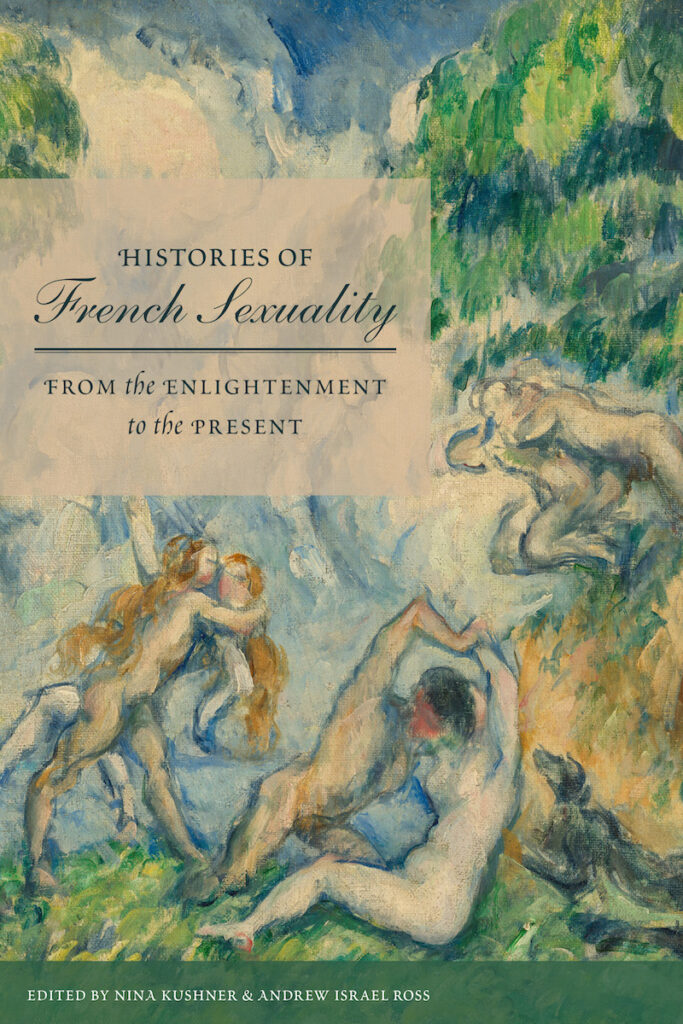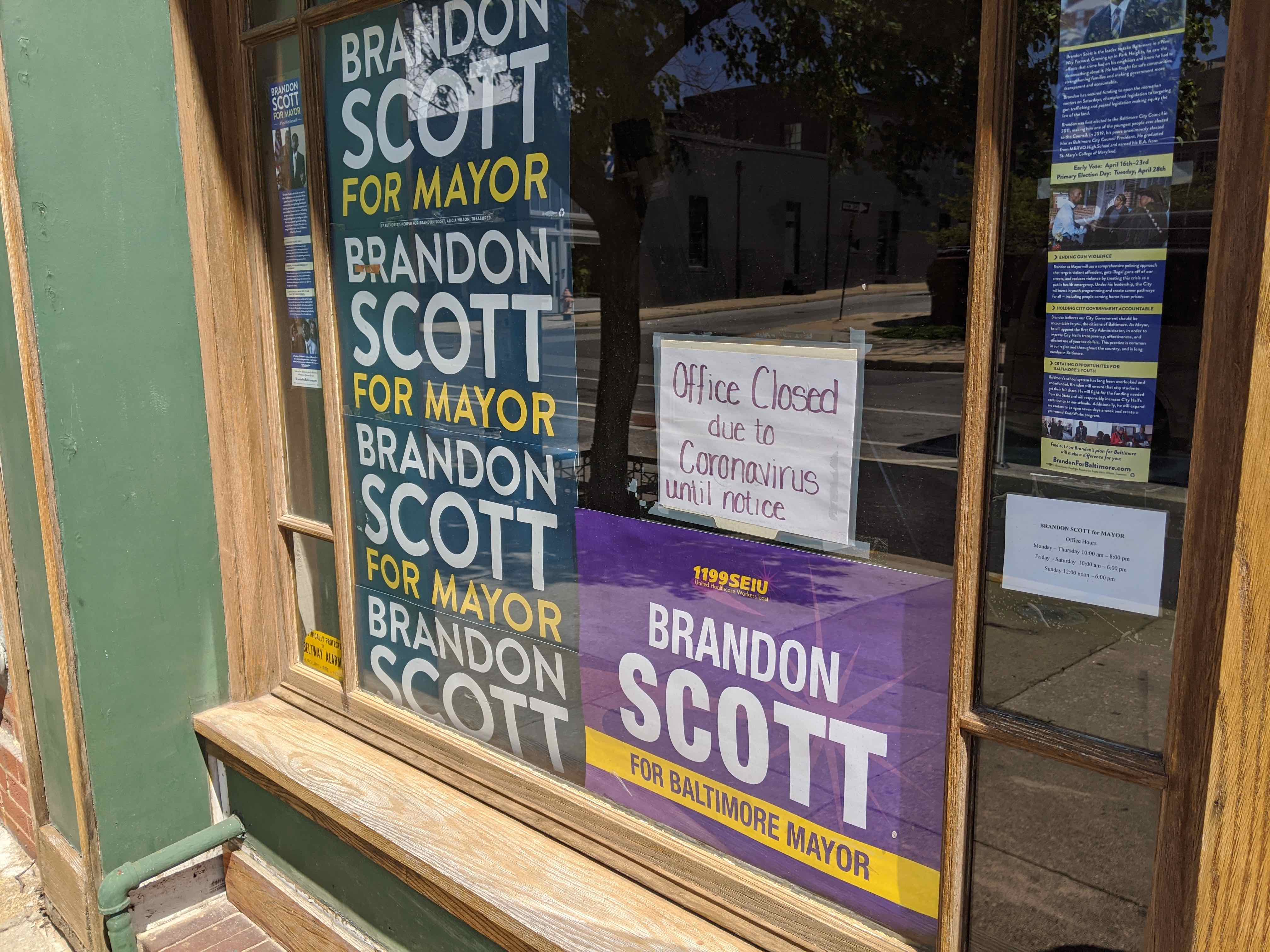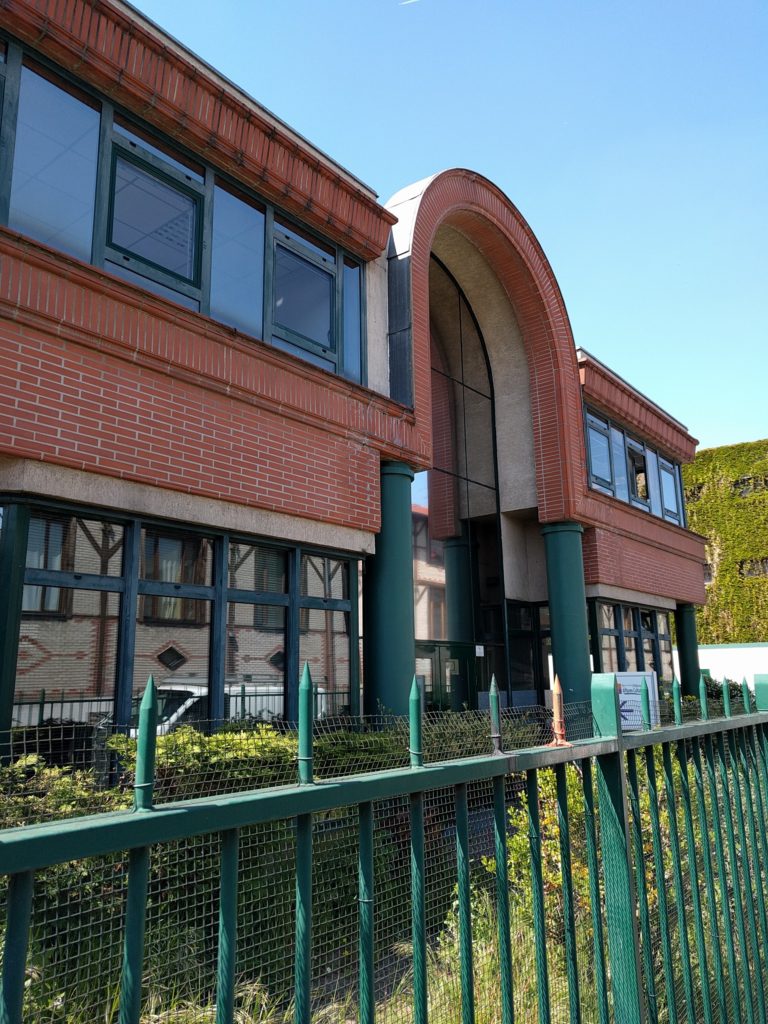I had planned on writing a post today on my experience teaching for the first time in the era of Chat GPT, but instead I can’t help but ask if someone, somewhere, could please inform our leading lights that the idea of separation of powers comes coupled with the idea of checks and balances. From today’s WaPo regarding the latest in Clarence Thomas’s obvious corruption:
We’re told that out there, in the constitutional ether, lies a strict separation of powers that precludes any interference by Congress and the president with the independence of judges. Lately, in the case of the upper chamber and the high court, that system looks like this: Durbin in a standoff with Chief Justice John G. Roberts Jr., in a battle of polite letters.
Who told us this? Because they are missing an important part! I remember that lesson in elementary school too! But it came quite clearly with the linked idea that each branch balanced one another out so that one could not exercise unjust power over the other (or over us). We’re in the midst of a power grab by the judiciary, so it might be good for Congress to remember that part too.
